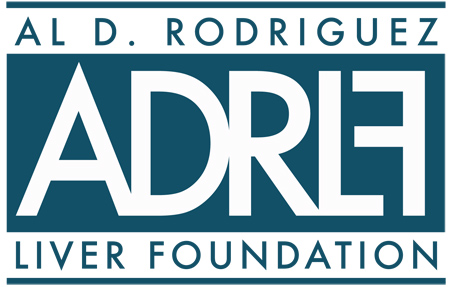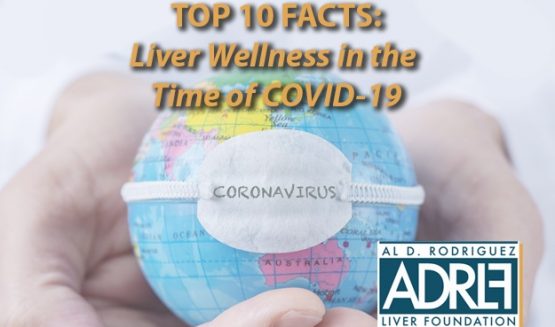
Embattled Essential Workers. Healthcare Heroes. Infection Blooming. Lives Lost. Economies Upended. Jobs Evaporated. Racial Imbalance. Civil Unrest. Tightened Protocols. Black Lives Matters Rising. Heightened Activism. Upside-down Days. Anxious Nights. Welcome to 2020!
COVID-19’s global pandemic may have cancelled so many important goings-on in our professional, personal, and social lives—from elective surgeries, to graduations, to travel plans—however, this critical period of hunkering down at home (for those fortunate enough to have one) does not mean forgetting about liver hea
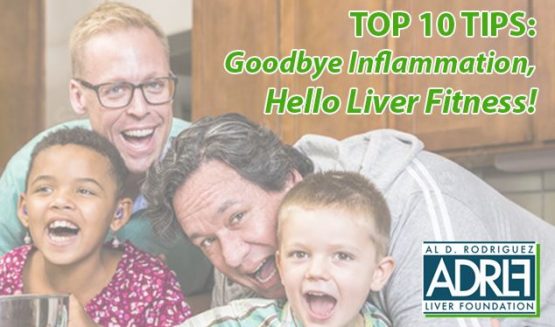
Lately, you may have heard the term “inflammation” being tossed around a bit and thought, “With so much to obsess about these days, should I even care about it?”
Simply put, inflammation
happens when the body’s cells—your
liver cells for example—are attacked by a disease-causing virus or substances. The damaged cells then release chemicals that cause
blood vessels to leak fluid into nearby tissues causing swelling.
About 90% of primary liver
cancer cases are caused by inflammation due to the hepatitis virus or toxins from alcohols and
drugs. So, notin
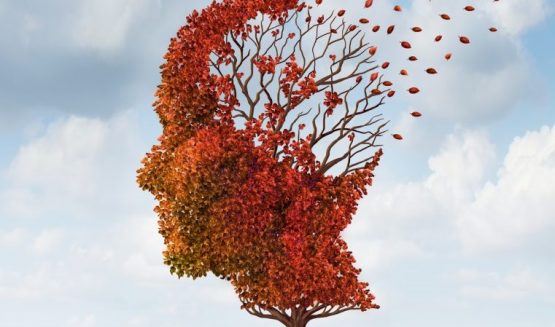
It is safe to assume that many people do not know, nor would even suspect that there is a connection between liver health and Alzheimer’s disease. In July 2018, at the annual Alzheimer’s Association International Conference held in July in Chicago, researchers from the University of Pennsylvania presented interesting findings which identify the liver as a ‘new player’ in the study of Alzheimer’s disease.
Here’s the science:
The researchers, led by associate professor of psychiatry Dr. Mitchel A. Kling, found a connection between the level of plasmalogens &#
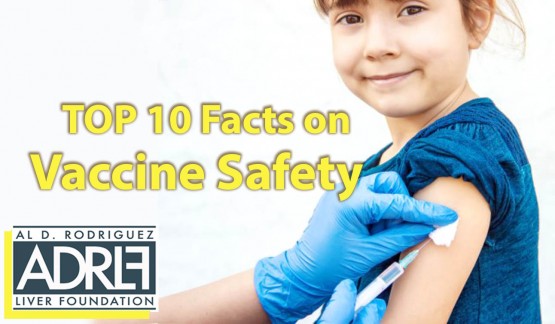
YES, injections may pinch for two seconds. NO, no one loves to get them. However, the few moments of discomfort pale in comparison to the damage that the perilous diseases they prevent can wreak havoc on your body; and in some cases, lead to death. Vaccines have been protecting children and adults from diseases for centuries, from polio to tuberculosis, from hepatitis B to the flu. Containing weakened or killed germs, vaccines—once they’re introduced—trigger the release of the body’s natural immunizing response (aka antibodies) so that your system can fight off the ‘familiar
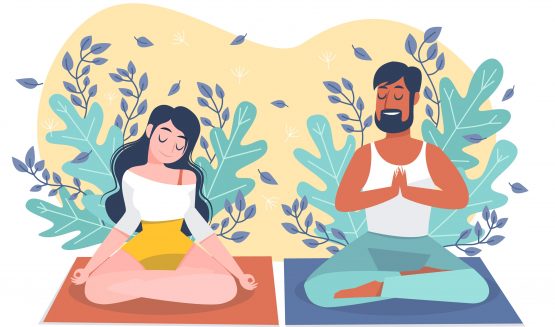
As the stressed-out world continues to hunker down — for almost a year now,
due to the COVID-19 pandemic —
many of us may find ourselves in emotional spirals laced with anxiety and cabin
fever as we navigate today’s complex ‘new normal’ of isolation and social
distancing, the wearing of masks, and constant vigilance against a mutating
virus. What may easily and
often get lost in the mix is the need for mental and emotional clarity — which will highly
benefit both our mind and our body as a whole – which, of course, includes our hard-working liver. In fact, studies
ha

The autumn chill has officially arrived, along with the enticement of snuggling under the covers with a cup of hot apple cider or a pumpkin spiced latte for weekend of Netflix marathon-ing. But as alluring as hibernation sounds, a new study reminds us to avoid long periods of sitting to keep — not only our heart, but also — our liver healthy. A recent study published in the Journal of Hepatology found that sitting for 10 or more hours a day increases the risk of developing nonalcoholic fatty liver disease (NAFLD) by 9%. The study involved over 139,000 middle-aged and generally heal
